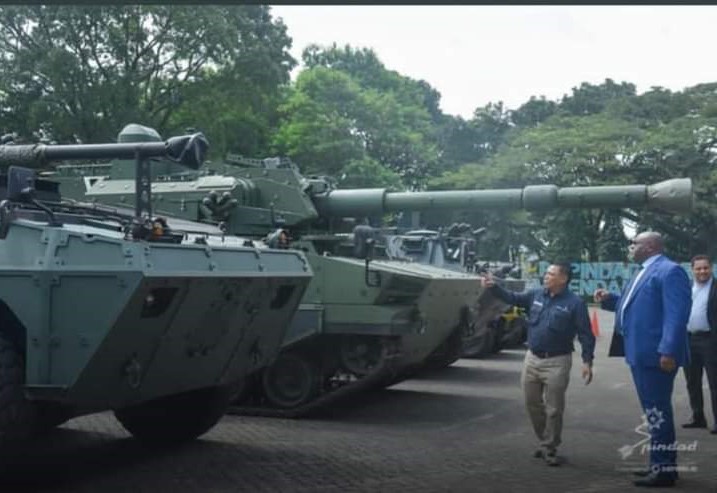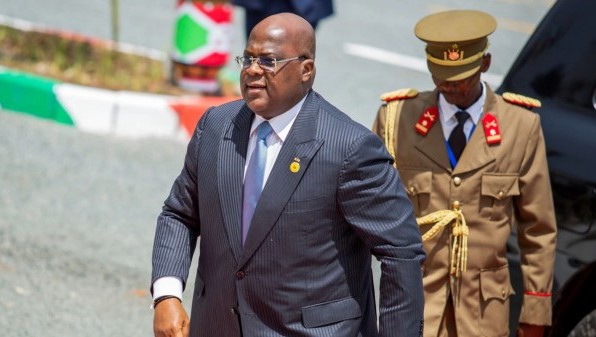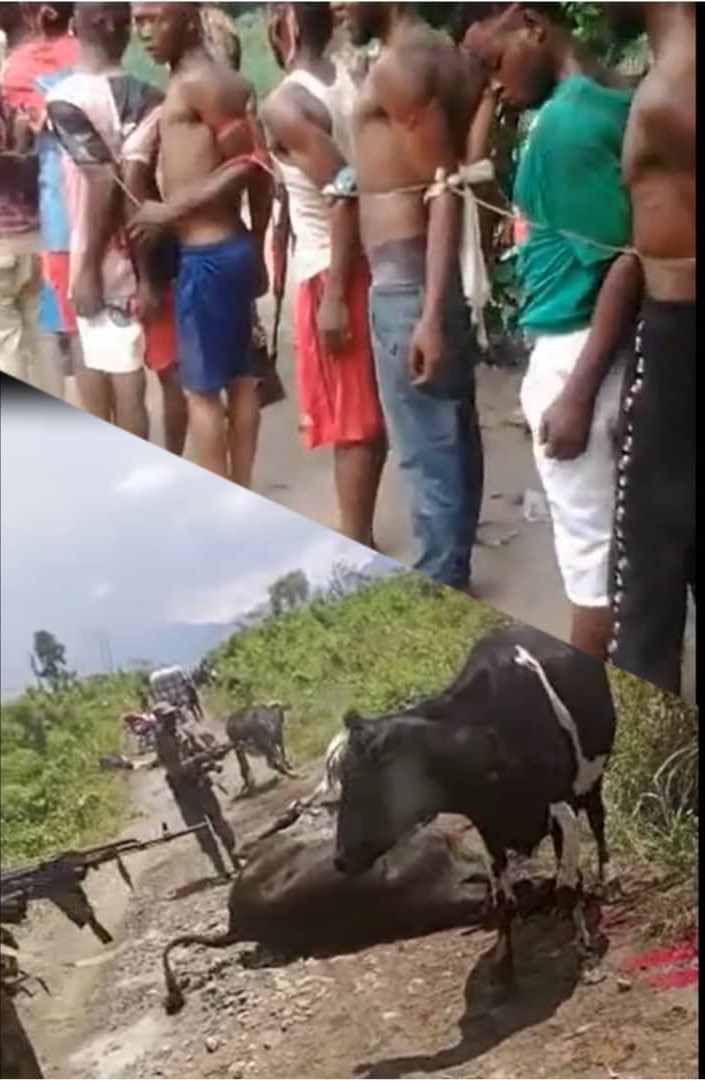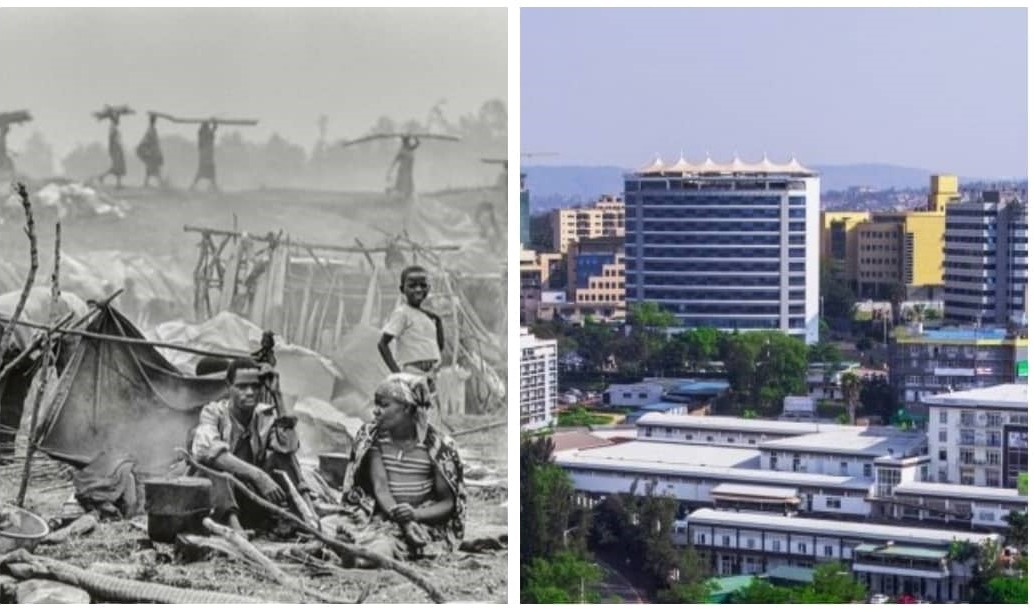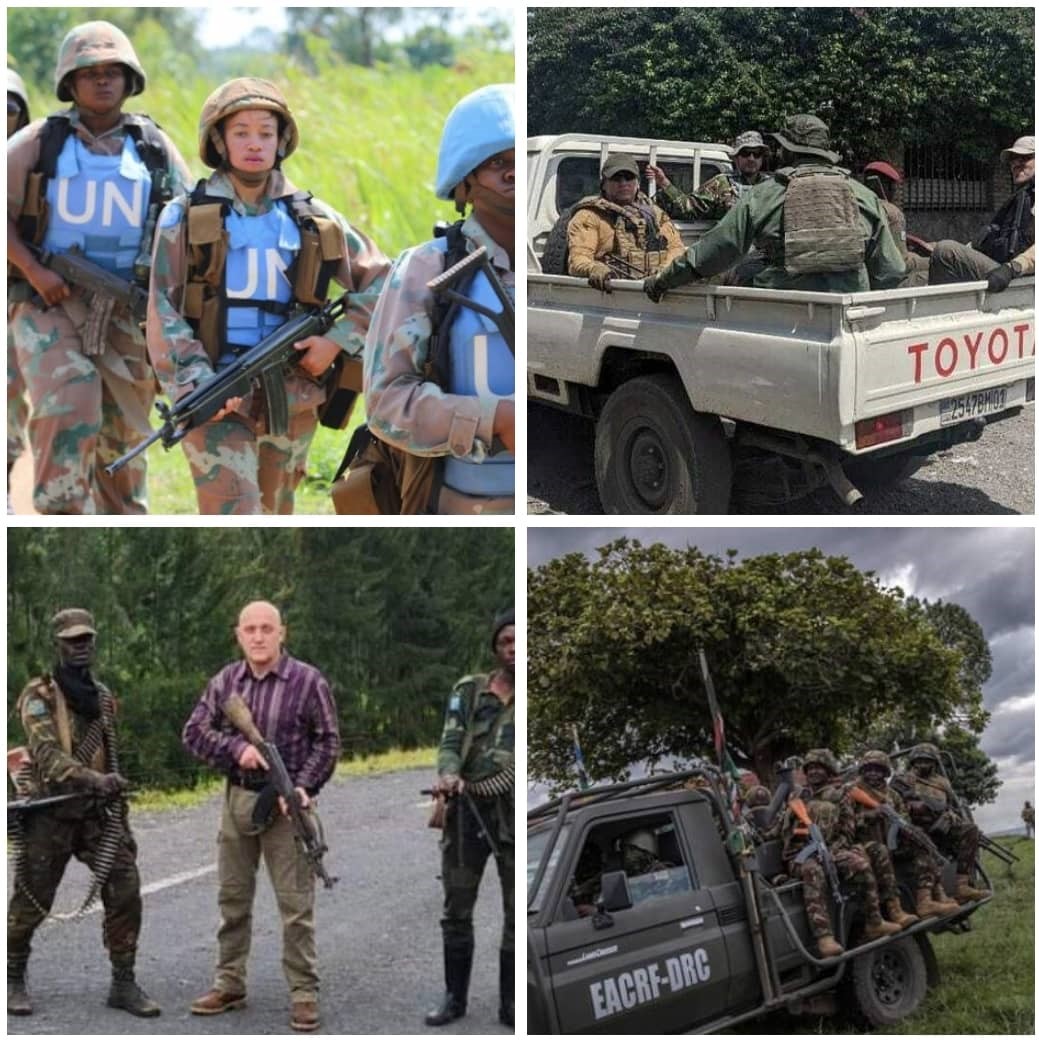Regional
DRC: Tshisekedi’s double standards towards M23 problem
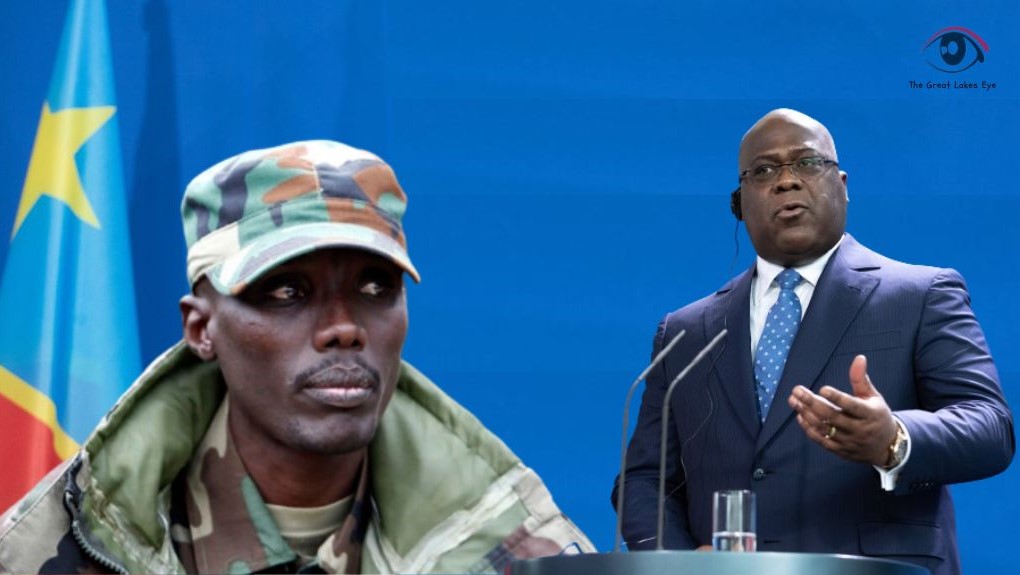
On
May 27, 2022, a Congolese cabinet security meeting presided over by President Felix
Tshisekedi declared the M23 rebels a "terrorist movement", vowed to
treat them like terrorists, and excluded them from the inter-Congolese dialogue
then being held under the Nairobi peace processes.
The Luanda
mini-summit held in November 2022, which Tshisekedi attended, decided that the M23
rebel group should cease hostilities, withdraw from occupied territories, and
return to its initial positions, not beyond the line along the Sabyinyo zone in
eastern DRC.
The Luanda
summit demanded the disarmament and cantonment of the M23 in the Congolese
territory under the control of FARDC, the EAC regional force and the Ad Hoc
Mechanism with the collaboration of the UN Mission, MONUSCO.
On
the other side, Tshisekedi insisted, many times that he instead wants the rebel
group to be cantoned, join the national disarmament and demobilization program,
and integrated into the Congolese community.
During
a press conference, on April 13, the Congolese president said that Angola will
deploy troops in eastern DRC “to supervise the process of disarmament and
subsequent cantonment of M23.”
Angola’s president, João Lourenço, confirmed
Tshisekedi’s statement on
May 7, during an interview with France 24.
He said:
“We have achieved ceasefire now we need to get them (M23) into cantonments and
start the process of disarmament and the reintegration of these Congolese
citizens in Congolese society.”
“Angola
is due to send a military contingent in order to provide security to M23
elements that will be brought into cantonment zones.”
If Tshisekedi considers the M23 a terrorist
group, and he actually tours the world calling out for help to combat the
group, why then would he suggest that they be integrated into the Congolese community
or cantoned?
If he truly wants peace and security, why
would he want to merge people he calls dangerous terrorists with other citizens?
Something is amiss here. And, apparently, the Congolese president shot himself
in the foot.
He labeled M23 as terrorists in a bid to
avoid dialogue with them. So, how does he want them (terrorists) to reintegrate
into the community and live their normal lives like any other ‘citizens’
protected by the state?
Tshisekedi's stance is disturbing. It ruins
all efforts geared towards peace as the region and international community are
relying on his regime's cooperation to achieve lasting peace in eastern DRC
following M23's withdrawal from territories it earlier captured from government
forces.
Kinshasa has signed a number of peace
agreements with M23 aimed at finding lasting solutions to their grievances.
But, the government lacked the political will to respect the treaties.
The reoccurrence of the M23 rebellion in late
2021 and the capture of Bunagana in June 2022, was the outcome of the Congolese
government’s failure to respect signed agreements with the rebels. Among
others, there are the 2013 Nairobi Declarations it signed with the ex-M23; the
agreement the Congolese Government signed with ex-M23 living in Rwanda and the
joint implementation roadmap on their voluntary repatriation, on October 2019, as
well as the agreement Kinshasa also signed with the Makenga faction of the
rebels, in April 2022.
All these agreements were put into the dustbin
and Kinshasa is glaring at the consequences of its actions, or inaction. There
is no positive sign that Tshisekedi will commit himself to finding a solution
diplomatically as he never ceases to show signs that he is relying on military
power to battle the M23.
Yet, if the M23 is defeated as he expects,
Tshisekedi will be winning a battle, not a war.
He will be treating the symptoms but leaving the
root cause of the problems fresh, which implies that the problem will
eventually reemerge and cause the same problems he treated.
The more Tshisekedi keeps ignoring the root
causes of the M23 problem and relies on war more than dialogue, the more the
eastern DRC conflict worsens.


